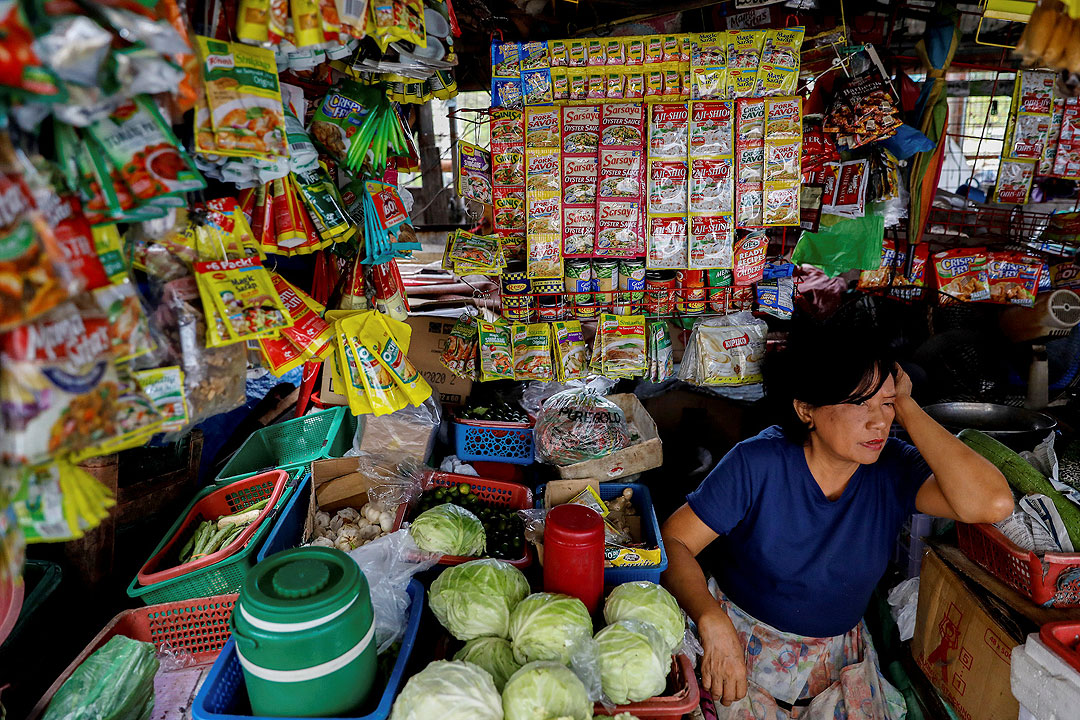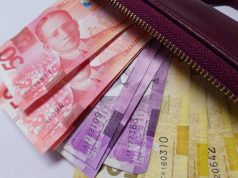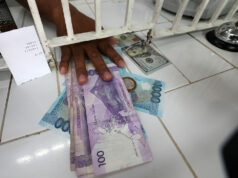DTI eyes higher MSME funding after Marcos push in SONA

THE Department of Trade and Industry (DTI) is seeking more funding for micro, small and medium enterprises (MSMEs) after President Ferdinand R. Marcos, Jr.’s renewed call for stronger MSME support in his fourth State of the Nation Address (SONA).
“We are really trying to make sure that we give funding for microenterprises because they need to grow,” Trade Secretary Ma. Cristina A. Roque said at a post-SONA discussion on Tuesday. “They cannot be left behind.”
She noted that the agency through the Small Business Corp. (SB Corp.), could lend P10 billion to MSMEs.
“But we can go higher because first, the President mentioned that there’s really a push for puhunan (capital),” she said. “So, he can definitely give more funding… over and above what the SB Corp. has. And there will be an upcoming budget hearing, so of course we will ask for additional budget.”
In his address on Monday, Mr. Marcos reaffirmed his administration’s commitment to funding small entrepreneurs with low-interest, no-collateral loans.
“We continue to provide free training and capital so they can start their own businesses,” he said in Filipino. “We will not stop until almost two-and-a-half million poor families are helped to establish their own small businesses.”
Ms. Roque said DTI would prioritize sectors with high potential, including the creative industry and halal.
“We feel that that’s one of our aces,” she said, citing South Korea as an example of how the creative industry could boost both tourism and trade.
“Another one is halal. That’s also a sector that we need to push because of the potential $4.5 trillion globally,” she said. “We are ready because all we need is the certification, and we already have some funding for certification.”
Ms. Roque said DTI is preparing to launch multiple halal-certifying bodies to give businesses more options.
On trade, she said the government is optimistic about concluding a framework for the Philippines-US reciprocal trade agreement by Aug. 1.
“There are no more talks unless something comes up,” she said. “They’re just polishing it… But again, it is beyond our control. The ball is in the US court.”
She described the 19% tariff as a positive outcome for the Philippines, given that the country only opened the automotive, pharmaceutical and medical equipment sectors.
She doesn’t think the deal could affect imports from countries like Japan and India “because cars are still dependent on consumers’ preference.” “At least, we give the consumers a choice of which kind of medicine that they want,” she added.
As for a broader free trade agreement, Ms. Roque said discussions are not yet under way. “For now, there are no talks. But maybe after we finish this negotiation, after we finish the tariff, then we can see where it goes.” — Justine Irish D. Tabile



